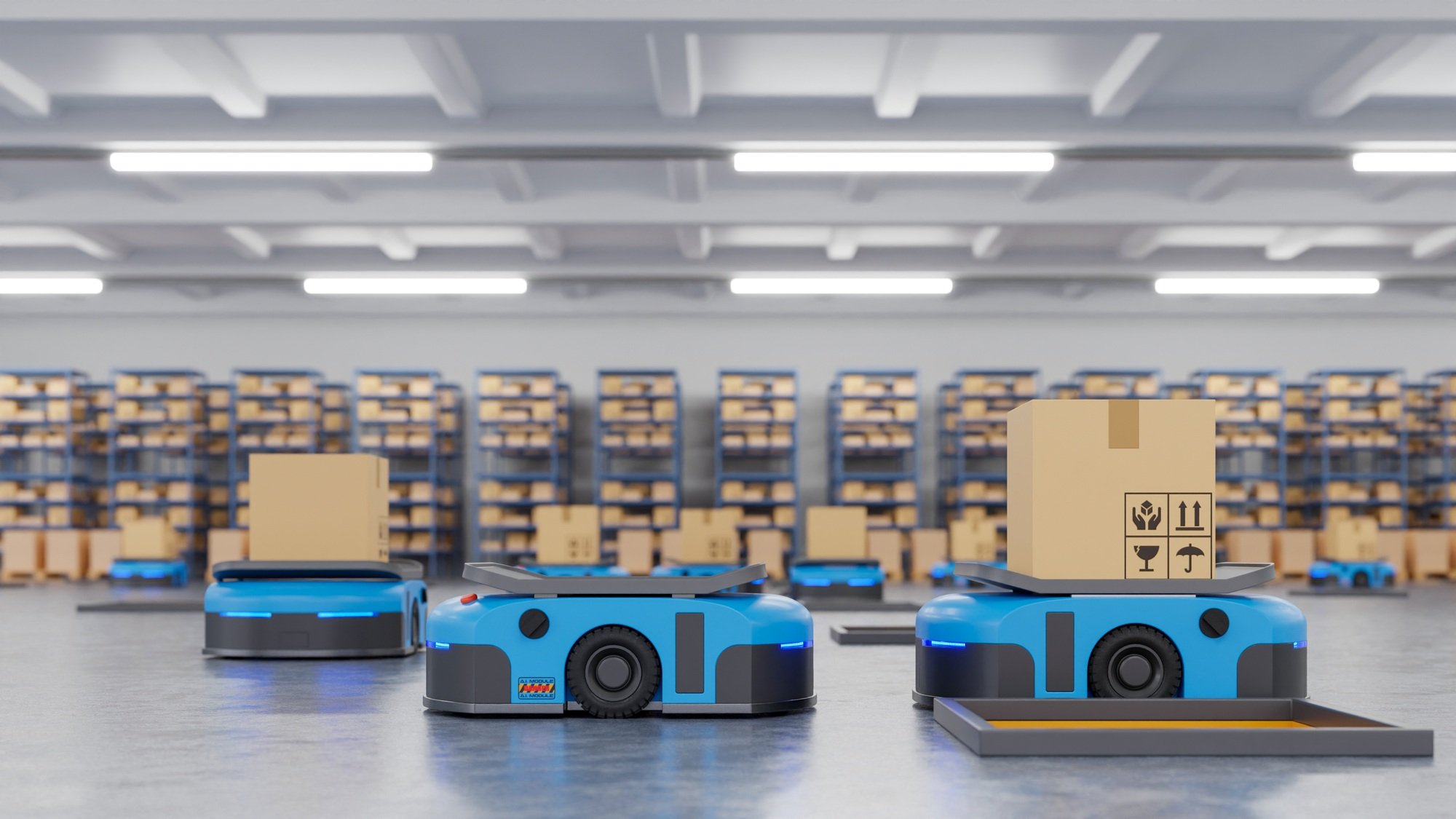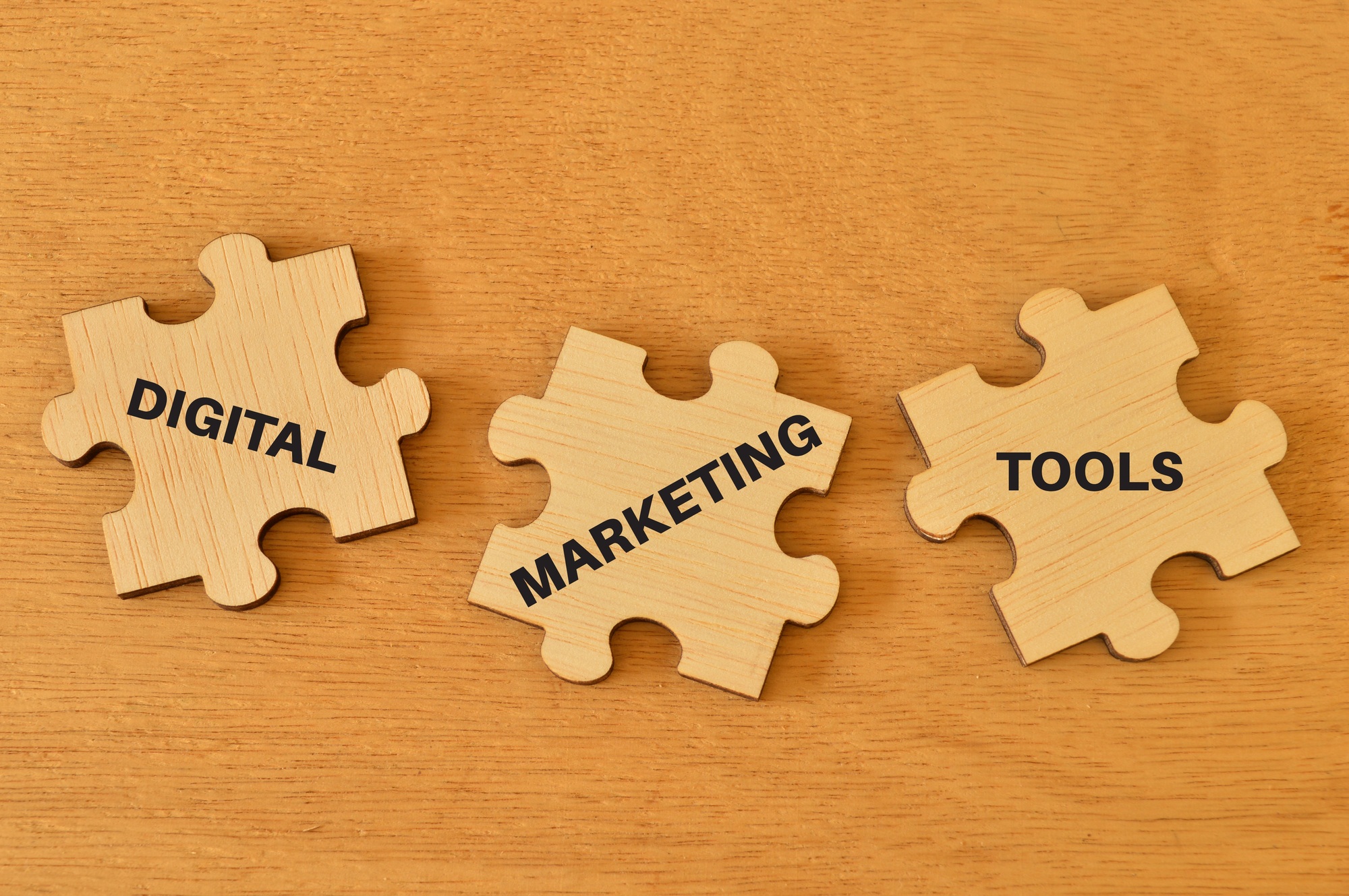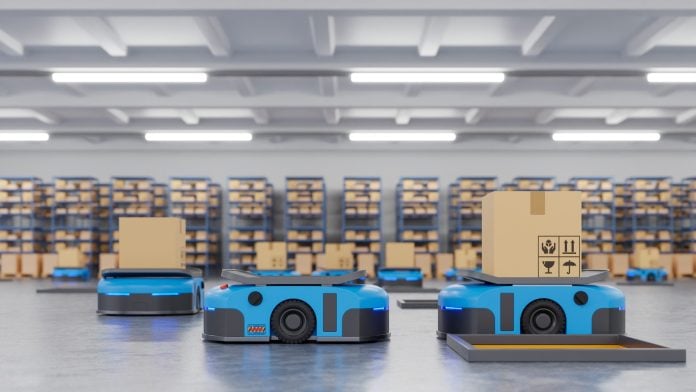Key Takeaways

- Streamlined Marketing Efforts: Marketing automation simplifies repetitive tasks, allowing businesses to focus on strategy and customer engagement while saving time and resources.
- Data-Driven Insights: Utilize analytics from automation tools to inform targeted strategies, optimize campaigns, and enhance customer interactions based on detailed performance metrics.
- Enhanced Personalization: Create individually tailored experiences for customers through audience segmentation, improving communication relevance and increasing conversion rates.
- Improved Efficiency: Automating processes can reduce manual labor, enhance productivity, and centralize data, fostering collaboration between marketing and sales teams.
- Popular Tools: Consider options like Creatio, Zoho, and ActiveCampaign, each offering unique features suitable for different business needs and marketing goals.
- Future Trends: Stay ahead of marketing automation advancements, such as AI integration and hyper-personalization, to enhance customer engagement and adapt to evolving market dynamics.
In today’s fast-paced digital landscape, marketing automation is a game changer for businesses of all sizes. It streamlines your marketing efforts, allowing you to reach your audience more effectively while saving time and resources. Imagine having the ability to nurture leads, manage campaigns, and analyze results—all from one platform.
With marketing automation, you can create personalized experiences that resonate with your customers. By leveraging data-driven insights, you can target the right people with the right message at the right time. This not only boosts engagement but also drives conversions, helping your business thrive in a competitive market. If you’re ready to elevate your marketing strategy, it’s time to explore the power of automation.
Overview of Marketing Automation

Marketing automation significantly enhances your small business’s marketing strategies. It streamlines your efforts and fosters better audience engagement through automated processes.
Definition and Importance
Marketing automation refers to software platforms designed to automate repetitive marketing tasks. For small businesses, it simplifies campaign management and allows for better lead nurturing. Understanding this technology is crucial because it increases efficiency, enables data-driven decisions, and enhances personalization. By automating tasks such as email marketing and social media posting, you save time and resources. This level of efficiency is vital in today’s competitive landscape, where every moment counts.
Key Components
Effective marketing automation includes several key components:
- Email Marketing Automation: Streamlines email campaigns to target specific audiences with personalized messages.
- Lead Scoring: Prioritizes leads based on their engagement and potential value, ensuring you focus on the most promising customers.
- CRM Integration: Connects with Customer Relationship Management systems to gather insights and maintain a cohesive customer database.
- Analytics and Reporting: Tracks the performance of campaigns, allowing for real-time adjustments and improvements.
- Social Media Management: Automates posting, monitoring, and engagement across platforms, saving time and enhancing your online presence.
Implementing these components allows small businesses to leverage technology effectively, optimizing marketing efforts and driving growth.
Benefits of Marketing Automation

Marketing automation offers small businesses significant advantages in enhancing marketing strategies. These benefits include improved efficiency and enhanced customer engagement.
Improved Efficiency
Marketing automation boosts efficiency in several ways:
- Automating Repetitive Tasks: Automation handles tasks like email marketing and social media posting. This saves time, allowing your marketing and sales teams to concentrate on strategy and customer interaction.
- Streamlining Processes: Automating functions reduces the time spent on manual labor by up to 80%, allowing your team to increase productivity and lower overhead costs.
- Centralizing Data: Marketing automation platforms provide a unified system for managing leads and customer data. Centralization ensures consistency and fosters collaboration between your marketing and sales teams.
Enhanced Customer Engagement
Marketing automation enhances customer engagement through targeted strategies:
- Personalized Communication: Automation enables personalized messaging. You can segment your audience based on behavior, preferences, and demographics, ensuring relevance in every interaction.
- Timely Follow-Ups: Automated responses ensure that leads receive prompt follow-ups. This responsiveness helps maintain interest and improves the likelihood of conversion.
- Data-Driven Insights: Automation tools provide analytics to track campaign performance. You can analyze customer interactions, enabling you to refine strategies and improve engagement over time.
By leveraging automation, your small business can optimize marketing efforts and drive growth through effective technology adoption.
Popular Marketing Automation Tools

Marketing automation tools can simplify your processes and enhance your strategies. Below are some leading options tailored for small businesses.
Tool Comparisons
| Tool Name | Key Features | Best For |
|---|---|---|
| Creatio | Omnichannel marketing platform, no-code functionality, AI capabilities, predictive scoring, product recommendations | Businesses seeking comprehensive automation |
| Zoho | Focus on email and multichannel marketing, lead scoring, intuitive interface | Industries like banking, retail, high-tech |
| ActiveCampaign | Combines email marketing and CRM with multi-channel automation | Organizations needing integrated solutions |
Suitability for Different Businesses
- Creatio: Best suited for businesses wanting a robust platform with extensive automation features. It’s ideal if your focus includes predictive analytics and customer journey mapping.
- Zoho: Works well for small businesses in various sectors like banking, retail, and transportation. If you prioritize email marketing and ROI analysis, this tool fits your needs.
- ActiveCampaign: Great for businesses requiring integrated tools for email and CRM. If you want to automate various communication channels while managing customer relationships, consider this option.
These tools offer diverse functionalities, allowing you to select the one that aligns best with your business goals. By leveraging the appropriate technology, you enhance your marketing efforts and better engage your audience.
Best Practices for Implementing Marketing Automation

Implementing marketing automation effectively enhances your small business’s marketing efforts. Focusing on best practices ensures that your automation strategies deliver real results.
Setting Clear Objectives
Define specific objectives before diving into marketing automation. Your goals should align with your overall business strategy and address critical areas such as lead generation, customer retention, and conversions. For example, you might aim to increase lead generation by 20% in six months or improve customer retention by 15% over the next quarter. Clear objectives guide your strategy, making it easier to select the right tools and determine effective metrics for tracking progress.
Measuring Success
Establish key performance indicators (KPIs) to measure the success of your marketing automation efforts. These metrics should reflect your defined objectives and help you monitor progress. For instance, track metrics such as email open rates, conversion rates, and return on investment (ROI). Analyzing these statistics allows you to optimize your strategies, ensuring that your small business leverages technology to its fullest potential in achieving marketing goals.
Future Trends in Marketing Automation

In 2025, expect significant advancements in marketing automation that will transform small business strategies. These trends focus on harnessing technology to improve customer engagement and streamline operations.
AI and Machine Learning Integration
AI and machine learning will play a crucial role in marketing automation. These technologies allow small businesses to analyze vast amounts of data efficiently. By leveraging AI, you can automate and optimize your marketing campaigns based on customer behaviors and preferences. This enhances predictive capabilities, enabling you to target leads more effectively. Machine learning algorithms continuously improve over time, allowing your marketing efforts to stay relevant in an ever-changing market.
Personalization Strategies
Personalization strategies will elevate your marketing initiatives. Hyper-personalization, driven by AI, enables you to deliver tailored content and offers to your audience. By analyzing customer data, you can identify preferences and behaviors, ensuring your messaging resonates on an individual level. Implementing automation tools that support personalized communication helps create a meaningful and engaging customer experience. This approach not only increases conversion rates but also fosters long-term loyalty for your small business.
Embrace these future trends to leverage technology effectively and enhance your marketing strategies.
Conclusion

Embracing marketing automation can significantly elevate your business strategy. By streamlining processes and enhancing customer engagement, you’ll free up valuable time to focus on growth. With the right tools and best practices in place, you can create personalized experiences that resonate with your audience.
As technology evolves, staying ahead of trends like AI integration and hyper-personalization will be crucial. These advancements will empower you to refine your marketing efforts and foster lasting customer relationships.
Now’s the time to consider how marketing automation can transform your approach and drive your business forward. Take the leap and watch your marketing efforts flourish.
Frequently Asked Questions

What is marketing automation?
Marketing automation refers to software platforms that automate repetitive marketing tasks. This process streamlines campaign management and enhances efficiency, enabling businesses to manage campaigns, nurture leads, and analyze results from a single platform.
How can small businesses benefit from marketing automation?
Small businesses can benefit from marketing automation by improving efficiency, enhancing customer engagement, and generating personalized communication. This technology reduces manual labor and fosters collaboration between marketing and sales teams, ultimately driving growth.
What are the key components of marketing automation?
Key components of marketing automation include email marketing automation, lead scoring, CRM integration, analytics and reporting, and social media management. These elements help businesses optimize their marketing strategies and effectively engage with their audience.
What tools are popular for marketing automation?
Popular marketing automation tools include Creatio, Zoho, and ActiveCampaign. Creatio offers comprehensive automation with predictive analytics, Zoho focuses on email marketing for specific sectors, and ActiveCampaign provides integrated email and CRM solutions.
What best practices should small businesses follow when implementing marketing automation?
Small businesses should define clear objectives aligning with their overall strategies, set specific goals (like increasing lead generation), and establish key performance indicators (KPIs) for measuring success. Analyzing these metrics allows for ongoing optimization.
What future trends should small businesses expect in marketing automation?
By 2025, small businesses should anticipate advancements in AI and machine learning that enhance data analysis and campaign optimization. Hyper-personalization driven by AI will also become crucial for delivering tailored content and offers to customers.
Image Via Envato



